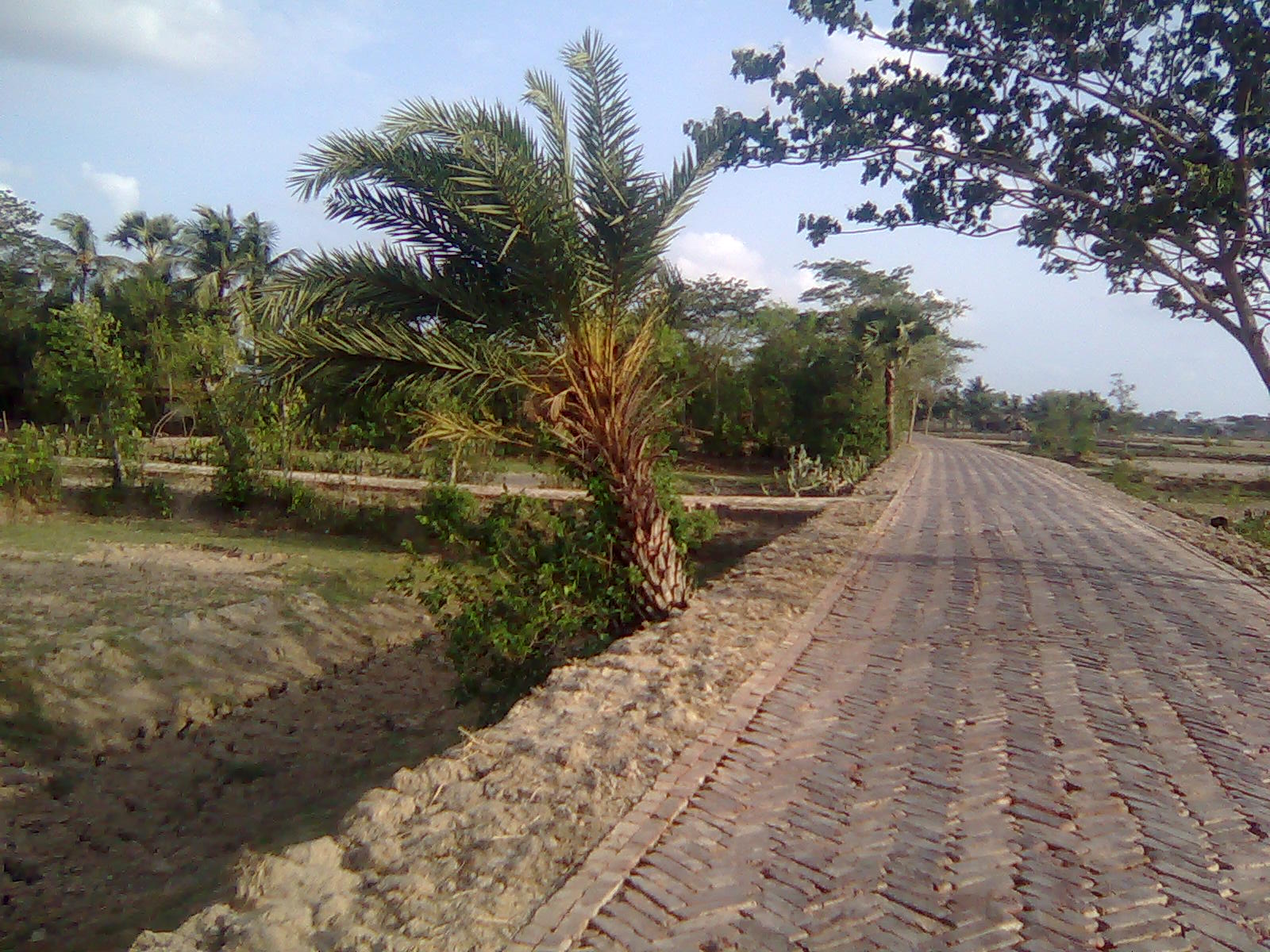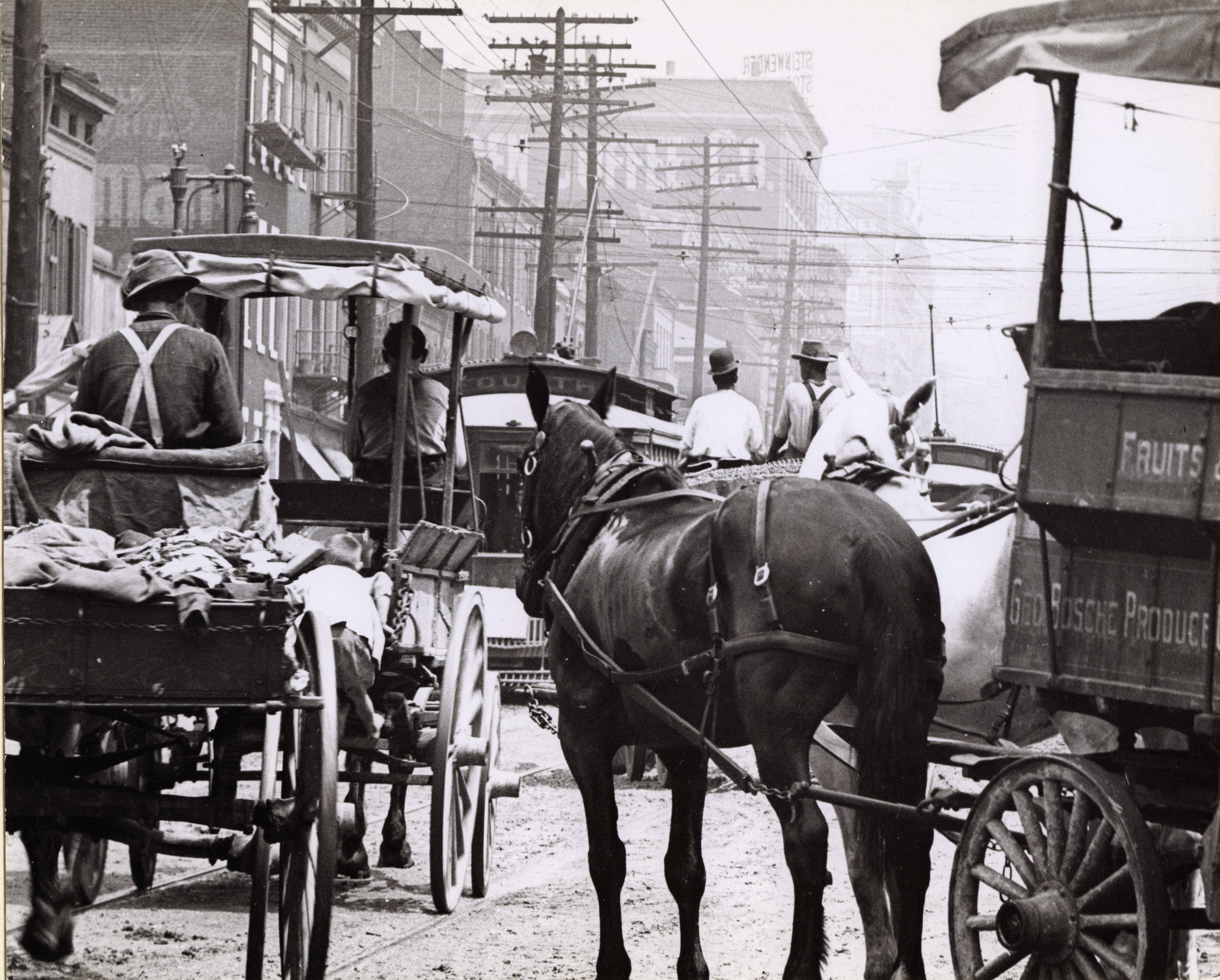|
Federal Road Safety Corps (Nigeria)
Federal Road Safety Corps is the Government Agency with statutory responsibilities for road safety administration in Nigeria. Founded in 1988, the Federal Road Safety Corps (FRSC) operates in all Nigerian states as well as the Federal Capital Territory and is the leading agency in Nigeria on road safety administration and management. The statutory functions include: Making the highways safe for motorists and other road users as well as checking road worthiness of vehicles, recommending works and infrastructures to eliminate or minimize accidents on the highways, and educating motorists and members of the public on the importance of road discipline on the highways. The FRSC Corp Marshal is Dauda Ali Biu . The Corps Marshal is the highest rank in the Corps ranking system. Historical Perspective Prior to the establishment of Federal Road Safety Commission in 1988, there was no concrete and sustained policy action to address the carnage on Nigerian roads. Earlier attempts in t ... [...More Info...] [...Related Items...] OR: [Wikipedia] [Google] [Baidu] |
Abuja
Abuja () is the capital and eighth most populous city of Nigeria. Situated at the centre of the country within the Federal Capital Territory (FCT), it is a planned city built mainly in the 1980s based on a master plan by International Planning Associates (IPA), a consortium of three American planning and architecture firms made up of Wallace, Roberts, McHarg & Todd (WRMT – a group of architects) as the lead, Archisystems International (a subsidiary of the Howard Hughes Corporation), and Planning Research Corporation. The Central Business District of Abuja was designed by Japanese architect Kenzo Tange. It replaced Lagos, the country's most populous city, as the capital on 12 December 1991. Abuja's geography is defined by Aso Rock, a monolith left by water erosion. The Presidential Complex, National Assembly, Supreme Court and much of the city extend to the south of the rock. Zuma Rock, a monolith, lies just north of the city on the expressway to Kaduna. At the 2006 ce ... [...More Info...] [...Related Items...] OR: [Wikipedia] [Google] [Baidu] |
Shell (company)
A shell corporation is a company or corporation that exists only on paper and has no office and no employees, but may have a bank account or may hold passive investments or be the registered owner of assets, such as intellectual property, or ships. Shell companies may be registered to the address of a company that provides a service setting up shell companies, and which may act as the agent for receipt of legal correspondence (such as an accountant or lawyer). The company may serve as a vehicle for business transactions without itself having any significant assets or operations. Shell companies are used regularly for tax evasion, tax avoidance, money laundering, or to achieve a specific goal such as anonymity. Anonymity may be sought to shield personal assets from others, such as a spouse when a marriage is breaking down, from creditors, or from government authorities. Shell companies can have legitimate business purposes. They may, for example, act as trustee for a trust, and ... [...More Info...] [...Related Items...] OR: [Wikipedia] [Google] [Baidu] |
Road Safety In Nigeria
A road is a linear way for the conveyance of traffic that mostly has an improved surface for use by vehicles (motorized and non-motorized) and pedestrians. Unlike streets, the main function of roads is transportation. There are many types of roads, including parkways, avenues, controlled-access highways (freeways, motorways, and expressways), tollways, interstates, highways, thoroughfares, and local roads. The primary features of roads include lanes, sidewalks (pavement), roadways (carriageways), medians, shoulders, verges, bike paths (cycle paths), and shared-use paths. Definitions Historically many roads were simply recognizable routes without any formal construction or some maintenance. The Organization for Economic Co-operation and Development (OECD) defines a road as "a line of communication (travelled way) using a stabilized base other than rails or air strips open to public traffic, primarily for the use of road motor vehicles running on their own wheels", which in ... [...More Info...] [...Related Items...] OR: [Wikipedia] [Google] [Baidu] |
1988 Establishments In Nigeria
File:1988 Events Collage.png, From left, clockwise: The oil platform Piper Alpha explodes and collapses in the North Sea, killing 165 workers; The USS Vincennes (CG-49) mistakenly shoots down Iran Air Flight 655; Australia celebrates its Australian Bicentenary, Bicentennial on January 26; The 1988 Summer Olympics are held in Seoul, South Korea; Soviet Union, Soviet troops begin their Soviet-Afghan War, withdrawal from Afghanistan, which is completed the 1989, next year; The 1988 Armenian earthquake kills between 25,000-50,000 people; The 8888 Uprising in Myanmar, led by students, protests the Burma Socialist Programme Party; A bomb explodes on Pan Am Flight 103, causing the plane to crash down on the town of Lockerbie, Scotland- the event kills 270 people., 300x300px, thumb rect 0 0 200 200 Piper Alpha rect 200 0 400 200 Iran Air Flight 655 rect 400 0 600 200 Australian Bicentenary rect 0 200 300 400 Pan Am Flight 103 rect 300 200 600 400 1988 Summer Olympics rect 0 400 200 600 8888 ... [...More Info...] [...Related Items...] OR: [Wikipedia] [Google] [Baidu] |
Law Enforcement Agencies Of Nigeria
Law is a set of rules that are created and are enforceable by social or governmental institutions to regulate behavior,Robertson, ''Crimes against humanity'', 90. with its precise definition a matter of longstanding debate. It has been variously described as a science and as the art of justice. State-enforced laws can be made by a group legislature or by a single legislator, resulting in statutes; by the executive through decrees and regulations; or established by judges through precedent, usually in common law jurisdictions. Private individuals may create legally binding contracts, including arbitration agreements that adopt alternative ways of resolving disputes to standard court litigation. The creation of laws themselves may be influenced by a constitution, written or tacit, and the rights encoded therein. The law shapes politics, economics, history and society in various ways and serves as a mediator of relations between people. Legal systems vary between jurisdictions ... [...More Info...] [...Related Items...] OR: [Wikipedia] [Google] [Baidu] |
Road Safety Organizations
A road is a linear way for the conveyance of traffic that mostly has an improved surface for use by vehicles (motorized and non-motorized) and pedestrians. Unlike streets, the main function of roads is transportation. There are many types of roads, including parkways, avenues, controlled-access highways (freeways, motorways, and expressways), tollways, interstates, highways, thoroughfares, and local roads. The primary features of roads include lanes, sidewalks (pavement), roadways (carriageways), medians, shoulders, verges, bike paths (cycle paths), and shared-use paths. Definitions Historically many roads were simply recognizable routes without any formal construction or some maintenance. The Organization for Economic Co-operation and Development (OECD) defines a road as "a line of communication (travelled way) using a stabilized base other than rails or air strips open to public traffic, primarily for the use of road motor vehicles running on their own wheels", which i ... [...More Info...] [...Related Items...] OR: [Wikipedia] [Google] [Baidu] |
Traffic Laws
Traffic comprises pedestrians, vehicles, ridden or herded animals, trains, and other conveyances that use public ways (roads) for travel and transportation. Traffic laws govern and regulate traffic, while rules of the road include traffic laws and informal rules that may have developed over time to facilitate the orderly and timely flow of traffic. Organized traffic generally has well-established priorities, lanes, right-of-way, and traffic control at intersections. Traffic is formally organized in many jurisdictions, with marked lanes, junctions, intersections, interchanges, traffic signals, or signs. Traffic is often classified by type: heavy motor vehicle (e.g., car, truck), other vehicle (e.g., moped, bicycle), and pedestrian. Different classes may share speed limits and easement, or may be segregated. Some jurisdictions may have very detailed and complex rules of the road while others rely more on drivers' common sense and willingness to cooperate. Organization typi ... [...More Info...] [...Related Items...] OR: [Wikipedia] [Google] [Baidu] |
Oyo State, Nigeria
Oyo State is an inland States of Nigeria, state in southwestern Nigeria. Its capital is Ibadan, the List of Nigerian cities by population, third most populous city in the country and formerly the second most populous city in Africa. Oyo State is bordered to the north by Kwara State, to the east by Osun State, and to the southwest by Ogun State and the Republic of Benin. With a projected population of 7,840,864 in 2016, Oyo State is the List of Nigerian states by population, fifth most populous in the Nigeria. The vast majority of Oyo State residents are Yoruba people, Yoruba, and the Yoruba language remains dominant. Nicknamed the "Pace Setter State", present-day Oyo State sits on territory formerly ruled by various kingdoms and empires. The Oyo Empire was a powerful Yorubaland, Yoruba empire that ruled in much of the area from c. 1300 to 1896. Built in the 1830s, modern city of Oyo is considered a remnant of the imperial era, being referred to as "New Ọyọ" (''Ọ̀yọ́ Àt� ... [...More Info...] [...Related Items...] OR: [Wikipedia] [Google] [Baidu] |
FRSC Kaduna Branch
{{Disambig ...
FRSC can refer to: * Federal Road Safety Corps of Nigeria * Fellow of the Royal Society of Canada * Fellow of the Royal Society of Chemistry * Free Radio Santa Cruz * Fuel-rich staged combustion Staged combustion is a method used to reduce the emission of nitrogen oxides ( NOx) during combustion. There are two methods for staged combustion: air staged supply and fuel staged supply. Applications of staged combustion include boilers and ro ... [...More Info...] [...Related Items...] OR: [Wikipedia] [Google] [Baidu] |
Nigerian Army
The Nigerian Army (NA) is the land force of the Nigerian Armed Forces. It is governed by the Nigerian Army Council (NAC). The Chief of Army Staff is the highest ranking military officer of the Nigerian Army. History Formation The Nigerian Army traces its history to Lieutenant John Hawley Glover's Constabulary Force, which was largely composed of freed Hausa slaves in 1863. The Constabulary Force was established with the primary goal of protecting the Royal Niger Company and its assets from constant military incursions by the neighboring Ashanti Empire. This policing force would slowly grow in size and capability to meet the needs of the British Empire in its West African territories, and would later form the nucleus of both the Gold Coast and the Hausa Constabulary, both of which would become the Ghana Regiment and Southern Nigeria Regiment respectively by 1879. These regiments would be incorporated into the Royal West African Frontier Force (RWAFF) in 1900 by the British ... [...More Info...] [...Related Items...] OR: [Wikipedia] [Google] [Baidu] |
Policy
Policy is a deliberate system of guidelines to guide decisions and achieve rational outcomes. A policy is a statement of intent and is implemented as a procedure or protocol. Policies are generally adopted by a governance body within an organization. Policies can assist in both ''subjective'' and ''objective'' decision making. Policies used in subjective decision-making usually assist senior management with decisions that must be based on the relative merits of a number of factors, and as a result, are often hard to test objectively, e.g. work–life balance policy... Moreover, Governments and other institutions have policies in the form of laws, regulations, procedures, administrative actions, incentives and voluntary practices. Frequently, resource allocations mirror policy decisions. Policy is a blueprint of the organizational activities which are repetitive/routine in nature. In contrast, policies to assist in objective decision-making are usually operational in nature an ... [...More Info...] [...Related Items...] OR: [Wikipedia] [Google] [Baidu] |









